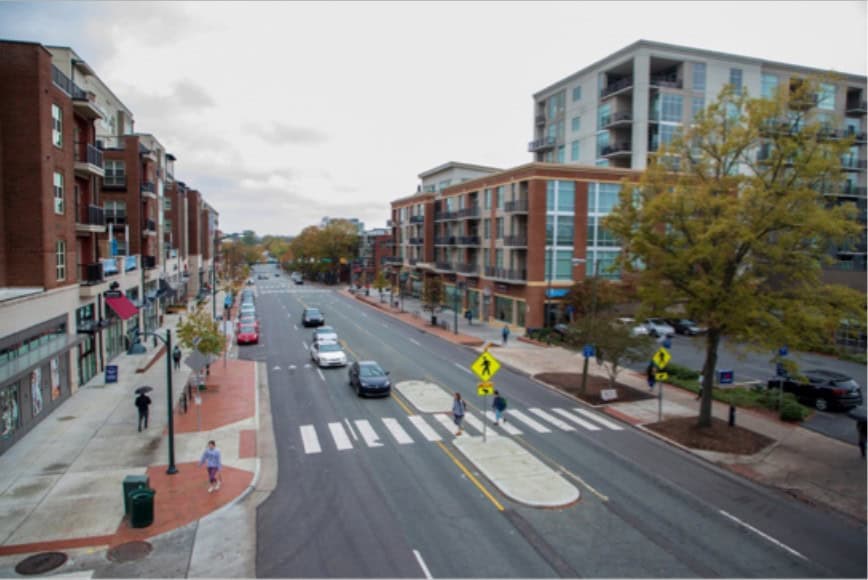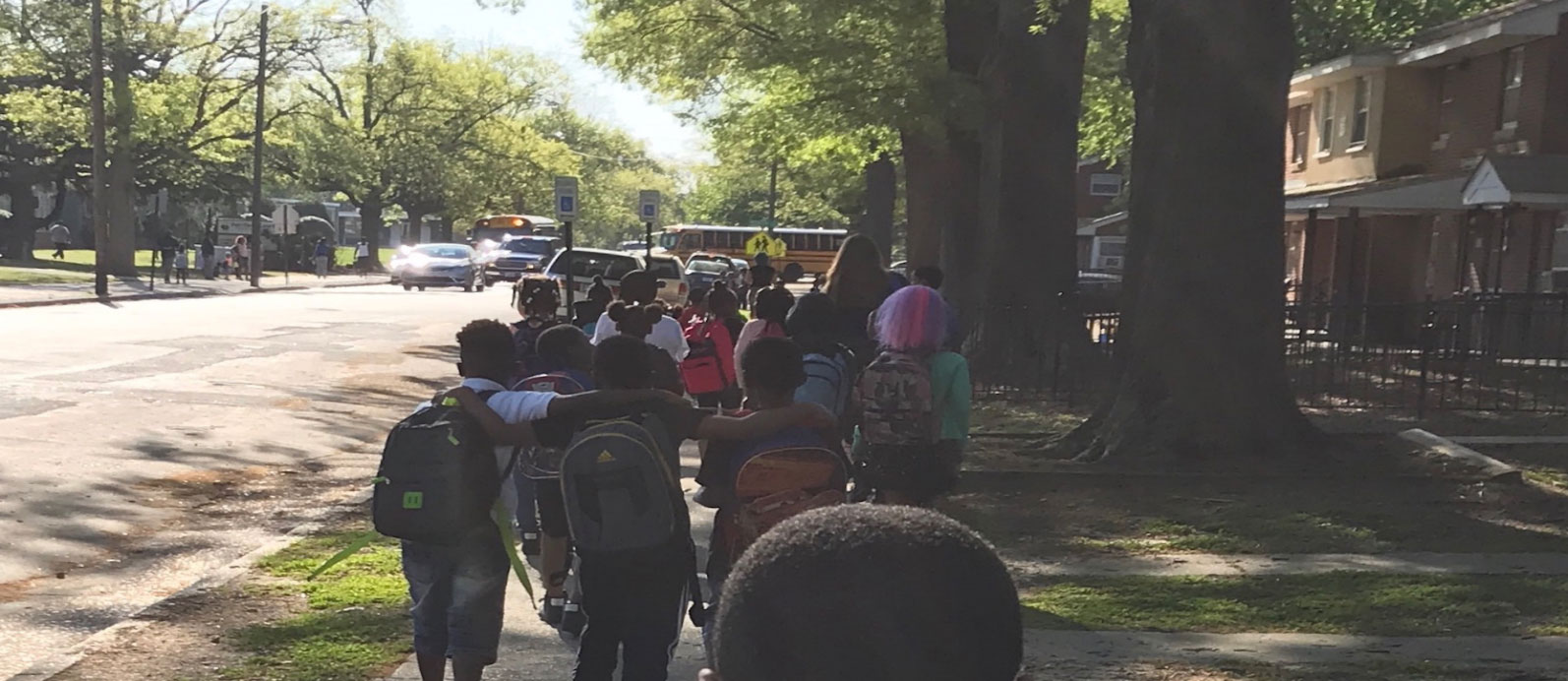Dale Edwards, News of Orange

As restrictions put in place by N.C. Gov. Roy Cooper are extended for weeks, parents struggle to keep their children entertained or on task with distance learning, all the while many of them are working from home. The complications of parents being stretched thin and in several different directions could create dangerous situations for the children at home as they are not able to be watched as carefully as they should be.
“Parents just can’t be in all places at all times,” said Anna Stormzand, the injury prevention coordinator for the UNC Trauma Program and coordinator of Safe Kids Orange & Chatham counties……..For the full article click here
As restrictions put in place by N.C. Gov. Roy Cooper are extended for weeks, parents struggle to keep their children entertained or on task with distance learning, all the while many of them are working from home. The complications of parents being stretched thin and in several different directions could create dangerous situations for the children at home as they are not able to be watched as carefully as they should be.
“Parents just can’t be in all places at all times,” said Anna Stormzand, the injury prevention coordinator for the UNC Trauma Program and coordinator of Safe Kids Orange & Chatham counties……..For the full article click here




